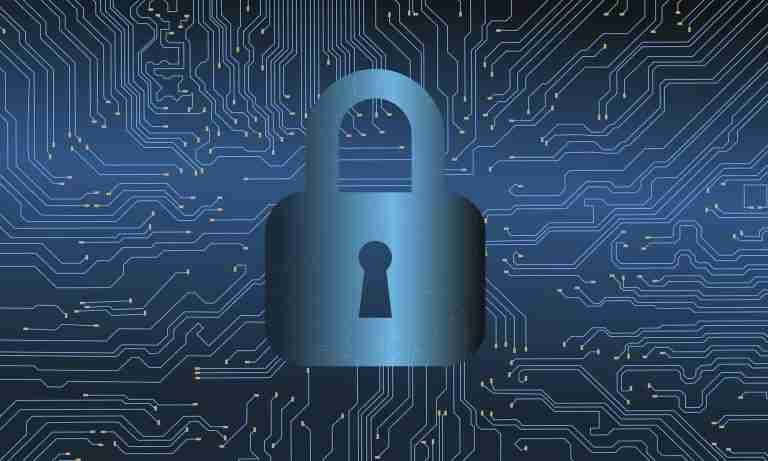Quantum computers are a type of computing device that utilize the principles of quantum mechanics to process and store data. Unlike classical computers, which use bits to represent data as either 0s or 1s, quantum computers use qubits (quantum bits), which can exist in multiple states simultaneously due to quantum superposition.
This allows quantum computers to perform certain types of calculations much faster than classical computers. However, quantum computing is still in the early stages of development and has yet to reach its full potential for practical applications.
How Do QCs Work?
Quantum computers harness the principles of Quantum Physics, specifically superposition and entanglement, to perform computations that classical computers cannot. In quantum mechanics, particles exist in multiple states at once, and qubits apply this phenomenon to store and process information in parallel, drastically increasing computational power. Additionally, entangled qubits exhibit correlations that enable efficient data processing across vast distances, facilitating complex problem-solving at unprecedented speeds. These quantum effects allow for breakthroughs in areas like cryptography, molecular simulation, and optimization, unlocking new possibilities in scientific discovery. However, controlling quantum states is incredibly challenging, requiring extreme cooling and isolation to prevent quantum decoherence, which disrupts computations and limits scalability, making practical quantum computing an ongoing engineering frontier.
So, Why Are QCs Faster?
Quantum computers are faster than classical computers due to the utilization of quantum bits, or qubits, which can exist in multiple states simultaneously through quantum superposition. Unlike classical computers, which use bits to represent data as either 0s or 1s, qubits have the ability to process and store data in a way that allows for parallel processing of calculations, resulting in significantly faster computational speeds for certain types of problems. This fundamental difference in computational approach enables quantum computers to outperform classical computers in specific applications. Moreover, quantum entanglement allows qubits that are entangled to share information instantaneously, further enhancing computational efficiency. As research and development progress, the potential for quantum computers to revolutionize fields such as cryptography, materials science, and complex system modeling becomes increasingly evident.
Why Do We Need QCs?
Quantum computers offer the potential to solve complex problems at exponentially faster speeds compared to classical computers. Their ability to process vast amounts of data and tackle intricate computations makes them particularly valuable for various fields:
- Cryptography: Quantum computers have the potential to revolutionize cryptography by efficiently breaking currently secure encryption methods and enabling the development of quantum-resistant cryptography.
- Drug Discovery: Quantum computers can accelerate the process of drug discovery by simulating molecular interactions and aiding in the design of new pharmaceuticals.
- Optimization Challenges: Quantum computers excel in solving optimization problems, such as logistics and resource allocation, by exploring numerous possible solutions simultaneously.
As technology continues to advance, quantum computers may revolutionize industries by providing innovative solutions to problems that are currently unsolvable or impractical with classical computing methods.
What Is The Future Of QCs?
Quantum computing has garnered significant attention and enthusiasm, often leading to heightened expectations about its capabilities. While the principles of quantum mechanics offer exciting possibilities for faster computational speeds and innovative problem-solving, the technology is still in its early stages. Practical applications remain limited, and realizing its full potential is a long-term goal. To ensure informed exploration of its future, it’s important to critically evaluate both its progress and limitations rather than rely on hype alone.
As researchers push the boundaries of quantum technology, advancements in hardware stability, error correction, and qubit coherence will be key to its widespread viability. One of the biggest challenges is scalability – current quantum systems are highly sensitive to environmental noise, making large-scale computation difficult. Efforts to develop fault-tolerant quantum computers through quantum error correction are ongoing and could lead to major breakthroughs in the coming decades.
Despite these obstacles, quantum computing has the potential to transform industries like pharmaceuticals, materials science, cybersecurity, and AI. In drug discovery, quantum algorithms could vastly accelerate molecular simulation, leading to groundbreaking medications. Similarly, in cryptography, quantum computers pose a threat to traditional encryption while offering ultra-secure quantum communication.
Governments and tech giants are investing heavily in quantum research, showing strong confidence in its future impact. As quantum hardware improves and more practical quantum algorithms emerge, we may transition toward a hybrid computing era, where quantum and classical systems collaborate on complex problems. However, the timeline for full-scale quantum computing remains uncertain – whether it will take years or decades depends on scientific breakthroughs and engineering ingenuity.
While excitement about quantum computing is warranted, it’s crucial to separate hype from realistic expectations. The technology is still in its infancy, and many obstacles remain before mainstream adoption. But one thing is certain – it is a frontier that will shape the future of computation in ways we are only beginning to understand.
Who Has A Quantum Computer?
As with many emerging technologies, the development of quantum computers has seen its share of hype. McKinsey has labelled quantum computing as “one of the next big trends” in the field of technology, believing that the technology holds significant promise and is projected to contribute approx. USD 1.3 trillion in value by the year 2035.
Venture capital funding in the space grew by 500% from 2015 to 2020, according to CB Insights. PsiQuantum, a quantum-computing start-up founded in 2016, has already raised more than USD 665 million, including investments from BlackRock and Microsoft. Research and development heavyweights Honeywell, IBM, and Intel are also in the race to deliver the next quantum breakthrough. Consulting firms are building deep talent pools to support clients; Accenture has more than 15 teams and 100 experts focused on quantum globally.
In May 2021, Google committed to spending several billion dollars to build a functional quantum computer by 2029, and its new campus for quantum AI in Santa Barbara will house hundreds of quantum-dedicated employees, a quantum data center, research labs, and quantum-processor-chip-fabrication facilities.
What’s More
The posts in My Blog feature reflective, story-driven pieces rooted in personal and societal insights.
The topics in My Interests explore abstract, philosophical ideas and their cultural and societal impact.
👁️ 7,098 Views
















